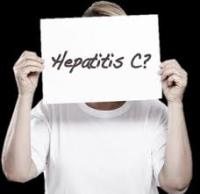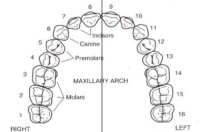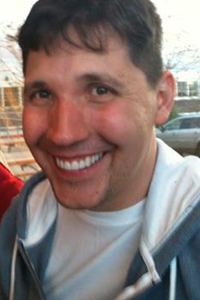Good, bad, or indifferent, we can all learn from each others experience. We are also looking for small art pieces, poetry and other creative expressions to use in future newsletters. Your story will help other clients see that they are not alone! We want to hear from you!
Write your personal story of up to 800 words and submit it in the form below.
[contact-form to=’ryandel@hivalliance.org’ subject=’Client Story’][contact-field label=’Name’ type=’name’ required=’1’/][contact-field label=’Email’ type=’email’ required=’1’/][contact-field label=’Newsletter Submission’ type=’textarea’ required=’1’/][/contact-form]
Bueno, Malo, o indiferente, todos podemos aprender de nuestras inferencias de uno y otro. También estamos buscando arte como, poesía y otras expresiones creativas para usar en el noticiero del futuro. Queremos saber de ti!
Escribe su historia personal hasta 800 palabras y presentarlo en el siguiente formulario.
[contact-form to=’ryandel@hivalliance.org’ subject=’Client Newsletter Story’][contact-field label=’Nombre’ type=’name’ required=’1’/][contact-field label=’Correo Electrónico’ type=’email’ required=’1’/][contact-field label=’Sumisión de Noticiero’ type=’textarea’ required=’1’/][/contact-form]








